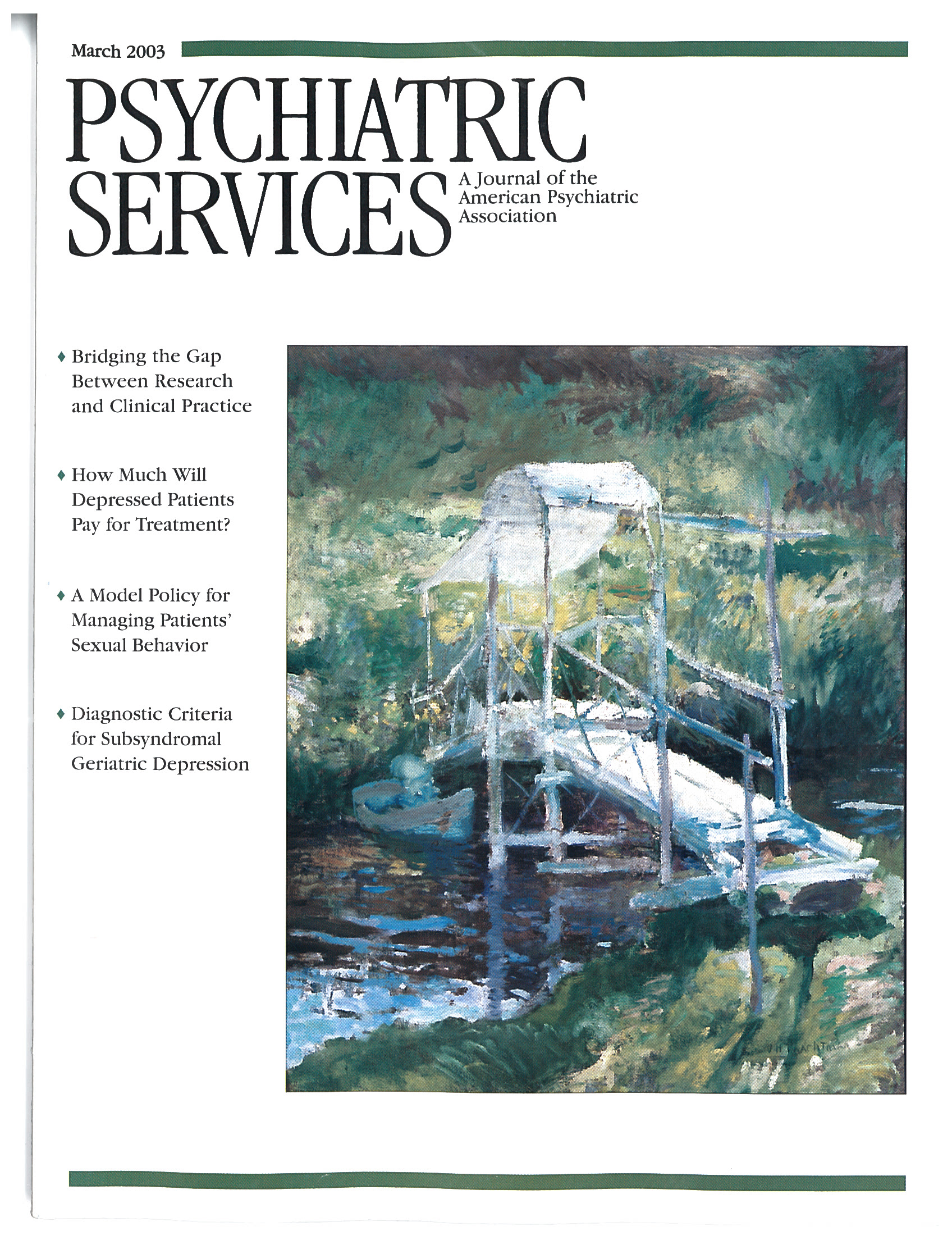Many years ago, my grandfather told me stories of his service in France during World War I. He talked about the enemy's use of poisonous gas as a weapon and still had his old gas mask to show me. Recently, I have had many memories of that gas mask.
James S. Brown, Jr., M.D., has completed a timely form of community service for psychiatric caregivers in his thorough overview of potential psychiatric symptoms in Environmental and Chemical Toxins and Psychiatric Illness. Dr. Brown notes in his introduction that chemical exposures became a part of daily life during the 20th century. Many products that are within arm's reach as you read these words have the potential for causing harm: gasoline, correction fluid, and insecticides.
With the development of poison control centers and the Occupational Health and Safety Administration, there has been a reduction of occupational exposures, but most of the mass poisonings with psychiatric sequelae have occurred since the 1960s—for example, Chernobyl, Love Canal, the Tokyo subway poisonings, and the Gulf War.
Early in his text, Dr. Brown points out the differences between technological and natural disasters. He isolates nuances from a psychodynamic perspective in the roles of perception and interpretation, bias, and litigation in terms of how these differences may affect the patient's presentation and symptom clusters. I found the early chapter on community and individual stress reactions to be the most useful part of the book. There is a well-reasoned discussion of mass hysteria, especially as it relates to industrial settings. Many clinicians who practice at institutional sites will find this section relevant to the rumors that fly around such facilities in relation to the new cleaning solutions that have a different odor, or whether certain buildings are associated with higher frequencies of employee health problems.
The remainder of the book includes chapter-by-chapter reviews of various classes of potential toxins and their psychiatric sequelae. They are well written and concise and provide tables of high-risk occupations and work sites along with symptom clusters. Unfortunately, many of the symptoms are diverse and nonspecific, but review of this text will help clinicians avoid errors of omission. One especially strong point is an extensive list of references and resources at the end of each chapter, clearly grouped to aid readers in finding what they need quickly.
Finally, I would be remiss if I failed to point out Dr. Brown's close attention to the cultural issues that are intrinsically bound to many of the chemical toxins and potential exposures identified in his text. For example, in the South, medical schools are able to provide students with ready examples of organophosphate poisonings. Such poisonings occur in the South with some regularity because of the rural nature of the area and the large number of migrant workers, who often are unable to read the labels of the insecticides they are using. In addition, patients who are practicing folk medicine may have exposure to various toxins, including mercury. Identification of chemical exposures as a possible source of psychiatric symptoms will occur only if the informed clinician thinks to look for them.

